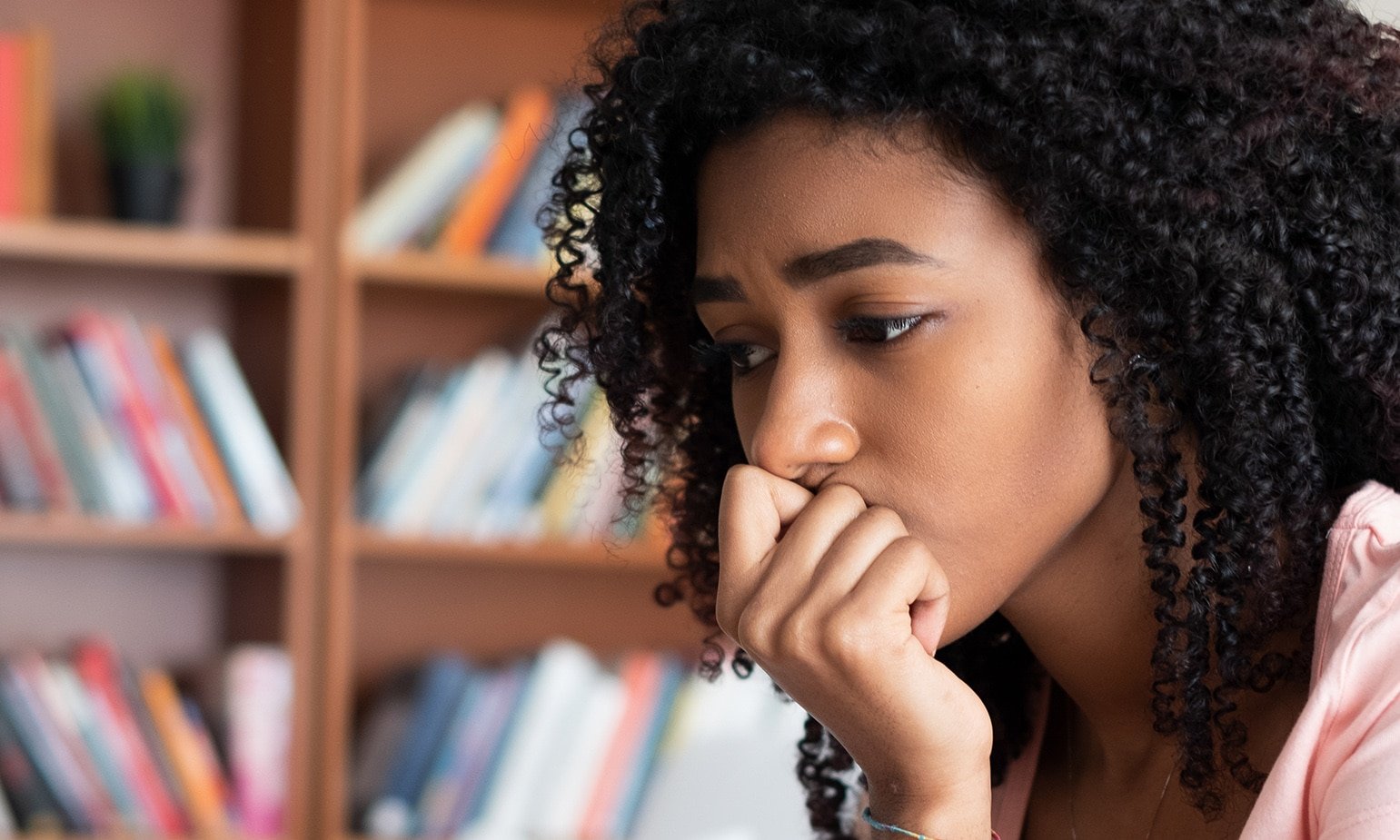How can I remove anxiety from myself?

There
are 5 main components for removing anxiety from yourself:
1. Mental
Learning how to be cognitively flexible. which means tolerating uncertainty and developing positive thinking.
Cognitive distortions are the principal cause of mental anxiety. An example is all or nothing thinking. If you think that “I get a job then I will be happy and if I don’t get it, I will be miserable”, you are engaging in all or nothing thinking.
Learning how to be cognitively flexible. which means tolerating uncertainty and developing positive thinking.
Cognitive distortions are the principal cause of mental anxiety. An example is all or nothing thinking. If you think that “I get a job then I will be happy and if I don’t get it, I will be miserable”, you are engaging in all or nothing thinking.
2. Physical
Feeling connected to your body is critical for overcoming anxiety.
The key to not be anxious in the body is:
1) Healthy breathing: relaxed people breathe from their belly.
2) Healthy movement: relaxed people move slowly and mindfully.
3) Interception: relaxed people also frequently feel into their body and notice the sensations in their body.
Feeling connected to your body is critical for overcoming anxiety.
The key to not be anxious in the body is:
1) Healthy breathing: relaxed people breathe from their belly.
2) Healthy movement: relaxed people move slowly and mindfully.
3) Interception: relaxed people also frequently feel into their body and notice the sensations in their body.
3. Emotional
Learning to feel and accept your emotions is crucial to overcoming anxiety. Once you learn how to feel and accept them, then you can learn how to process them. This means understanding their causes and letting them go. Your emotions are your friends and the more you listen to them, the less anxious you will be.
Learning to feel and accept your emotions is crucial to overcoming anxiety. Once you learn how to feel and accept them, then you can learn how to process them. This means understanding their causes and letting them go. Your emotions are your friends and the more you listen to them, the less anxious you will be.
4. Spiritual
If you believe that you are an individual human being who is separate from other people and from the world, you are going to feel like an anxious victim.
If however, you feel like you are a part of something much bigger than yourself, then you can see the grand beauty of existence and transcend your everyday anxieties.
If you believe that you are an individual human being who is separate from other people and from the world, you are going to feel like an anxious victim.
If however, you feel like you are a part of something much bigger than yourself, then you can see the grand beauty of existence and transcend your everyday anxieties.
5. Relational
The capacity to trust and the ability to set healthy boundaries and asking for what you want are the keys to having secure attachments.
Anxious attachment styles typically result from unresolved childhood trauma and poor boundaries.
Learn how to be altruistic, playful, and authentic in your relationships, and then you will feel relaxed around other people.
The capacity to trust and the ability to set healthy boundaries and asking for what you want are the keys to having secure attachments.
Anxious attachment styles typically result from unresolved childhood trauma and poor boundaries.
Learn how to be altruistic, playful, and authentic in your relationships, and then you will feel relaxed around other people.
To
bring it all together, what’s in common between all these factors is that
relaxed people have an abundance mentality, while anxious people have a
scarcity mentality.

No comments:
Post a Comment